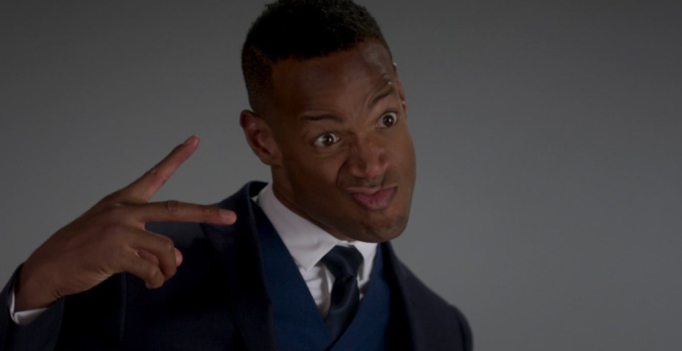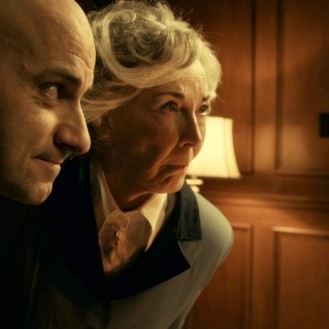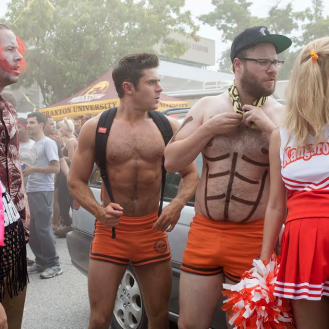The sad state of the parody film is reflected in Fifty Shades of Black, the latest from A Haunted House director Michael Tiddes and Scary Movie alumnus Marlon Wayans. A spoof of the Fifty Shades of Grey film released last year, Fifty Shades of Black relies mostly on an inventory of aged pop culture references and unfunny scatological humour rather than interrogating the problems with its source material.
Like most parodies, the narrative and formal structure of Black is near-identical to its source material (even set pieces appear to be exact reproductions of the sets used in Grey). For the most part, writers Wayans and Rick Alvarez focus on African American stereotypes to elicit humour. Christian Black (Wayans), for instance, steals cars and other commodities, despite his wealthy status. Parodies often reject continuity for creative purposes, but even the best parodies (Airplane!, The Naked Gun) are able to create genuine narrative conflict. Fifty Shades of Black appropriates all the scenery and conflict from Grey without really adding anything aside from referencing African American stereotypes and pop culture material.
There are times where Fifty Shades of Black seems to confront racism. Black’s adopted mother (Jane Seymour) is negatively portrayed as an unapologetic racist, accusing her son of intending to steal her wallet (a claim that is paradoxically validated by Black’s frequent acts of larceny throughout the film). Rather than critiquing racism, the film simply refers to its topicality (Black reminds his mother that “black lives matter,” but fails to make any observation beyond that).
Similarly, Tiddes’ film also shows some vague signs of interrogating the misogyny of the source material. In many ways, Grey already worked as its own conscious parody. Black depicts acts of misogyny as humorous rather than problematic, up until its slightly revisionist ending. While there is some brilliant commentary near the end, Black never fully engages with the politics of its source material. Instead, we are treated to several mentions of the universally ignored 2004 film Soul Plane.
Fifty Shades of Black is never quite as egregious or upsetting as the Friedberg/Seltzer parodies. While an argument could be made that Black is every bit a comedic assessment of Fifty Shades of Grey as it is of racism in North America, it never feels particularly effective or thoughtful. In the end, it simply ends up operating within a system that seeks to marginalize and render humorous serious political issues. While comedy of this kind can be effective at times, Fifty Shades of Black is too juvenile and too ignorant to make it work.
**********
Do You Tweet? Follow These Tweeple:
Mark Barber: @WorstCinephile





Leave a comment